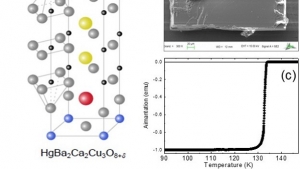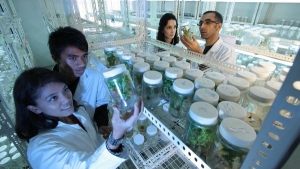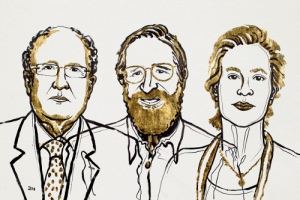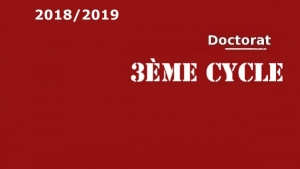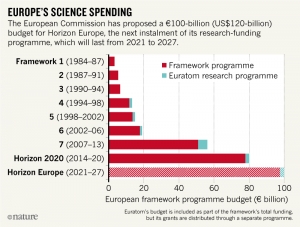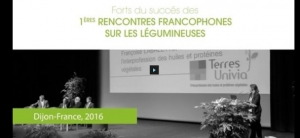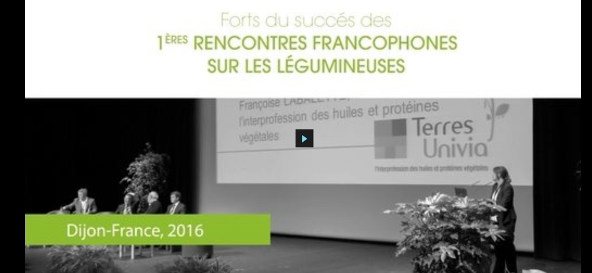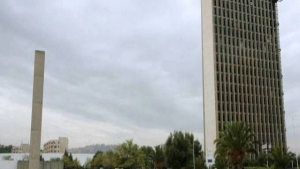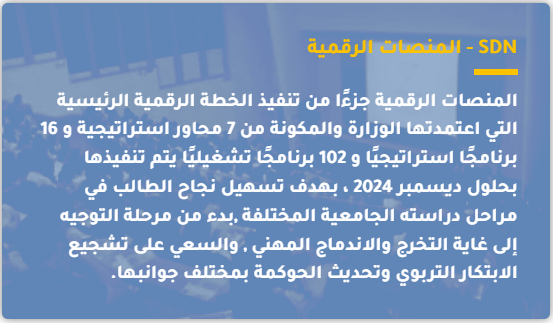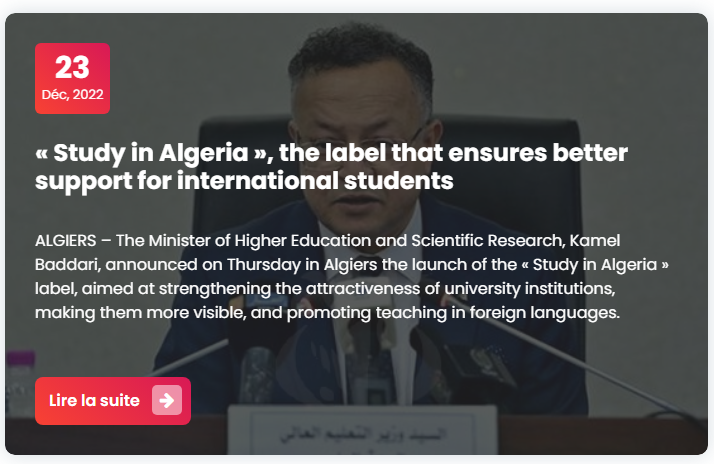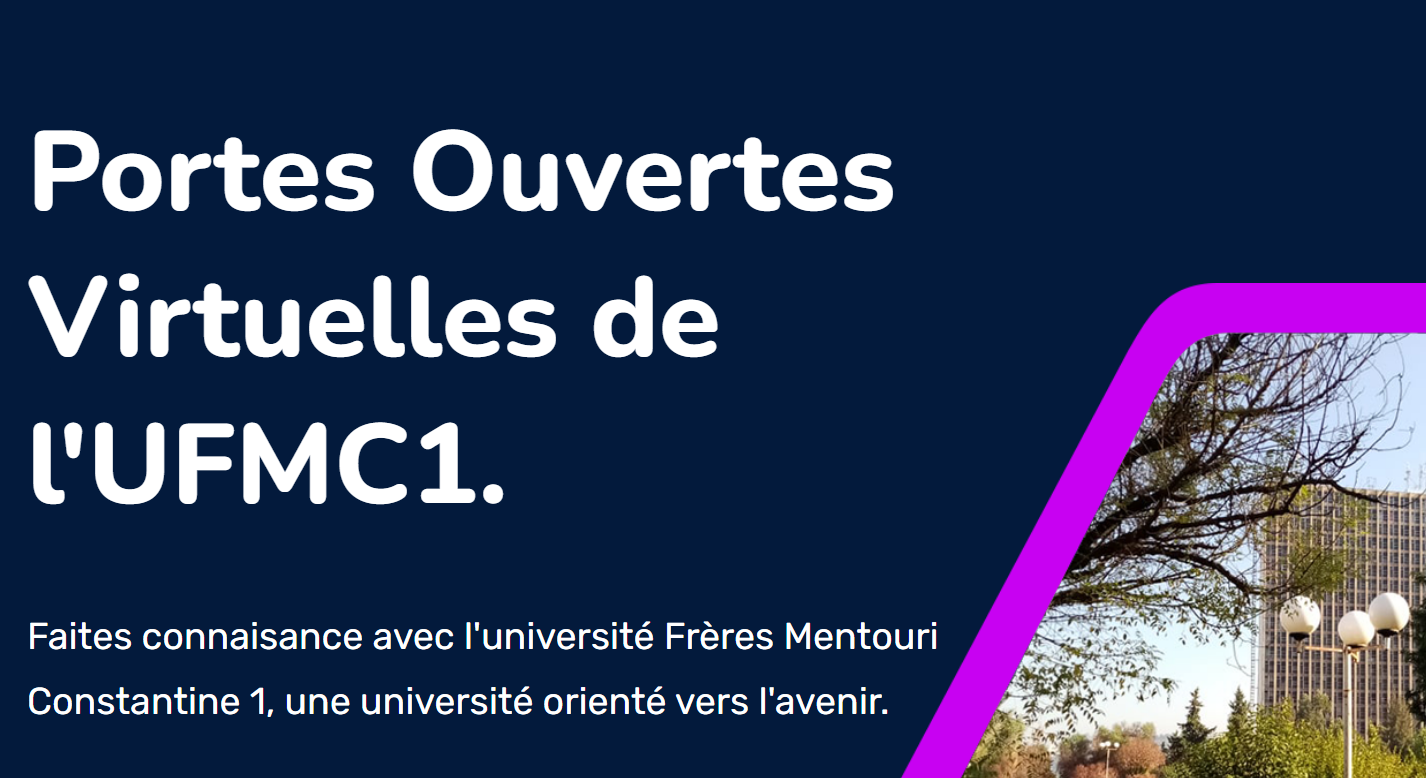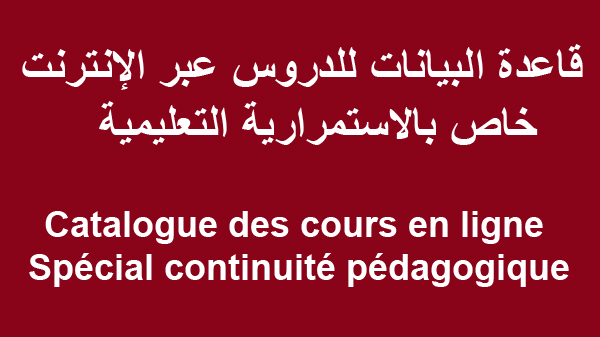Un premier pas vers la compréhension de la supraconductivité à haute température dans les oxydes de cuivre
En étudiant le diagramme de phase de l’oxyde de cuivre HgBa2Ca2Cu3O8+δ, des chercheurs ont démontré l’existence d’un lien d’origine microscopique entre l’état supraconducteur et la redistribution des charges dans le cristal (ordre de charge), qui se généralise à tous les oxydes de cuivre supraconducteurs.
Les supraconducteurs transportent le courant électrique sans dissiper d’énergie et ils ne peuvent pas être pénétrés par un champ magnétique. Il en découle de nombreuses applications, comme le transport de l’électricité sans résistance et la lévitation de mobiles (trains, surf). Seulement, la supraconductivité se manifeste à des températures très basses. Le plomb est supraconducteur en dessous de 7 K (-266 °C) et le diborure de magnésium (MgB2) en dessous de 40 K (-233 °C). En revanche, la température de transition supraconductrice du cuprate HgBa2Ca2Cu3O8+δ peut atteindre 133 K (-140 °C) (figure 1c). Comprendre le mécanisme à l’origine de la supraconductivité dans les oxydes de cuivre appelés cuprates est donc un enjeu majeur pour espérer élaborer des supraconducteurs à des températures terrestres.
Des chercheurs du laboratoire Matériaux et phénomènes quantiques (MPQ, CNRS/Univ. Paris Diderot), en collaboration avec le Laboratoire de physique des solides (LPS, CNRS/Univ. Paris-Sud) et le Laboratoire national des champs magnétiques intenses (LNCMI, CNRS), sont parvenus, en étudiant la diffusion inélastique de la lumière sur les charges (effet Raman électronique), à distinguer les signaux spectroscopiques des ordres supraconducteur et de charge au sein de la phase pseudogap dans le cuprate HgBa2Ca2Cu3O8+δ.
Pour la première fois, les échelles d’énergie associées aux ordres supraconducteurs et de charge ont pu être détectées simultanément grâce à une astuce expérimentale qui a consisté à minimiser l’influence de la phase de pseudogap qui, sinon, aurait masqué leur observation. Les chercheurs ont ainsi pu traquer les échelles d’énergies caractéristiques de l’ordre supraconducteur et de charge sur une large portion du diagramme de phase, grâce au contrôle du nombre de porteurs de charges dans les cristaux. Ils ont montré que ces énergies sont intimement liées: elles ont quasiment les mêmes valeurs et suivent la même évolution en fonction du nombre de porteurs de charges (figure 2b). Ceci suggère que l’ordre supraconducteur et de charge ont la même origine microscopique. L’échelle d’énergie du pseudogap a, elle aussi, la même évolution en dopage même si son énergie est plus élevée. Ceci conforte l’hypothèse que les ordres supraconducteurs, de charge et la phase de pseudogap sont intimement reliés.
Pour parvenir à ce résultat, les chercheurs ont travaillé sur du cuprate de composition chimique: HgBa2Ca2Cu3O8+δ, dont la structure est représentée sur la figure 2a. Il a pu être synthétisée sous la forme de petits cristaux (figure 1b) de plusieurs centaines de microns de côté par deux chercheuses du Service de physique de l’état condensé (SPEC, CEA/CNRS). Leurs surfaces extrêmement propres et lisses permettent de les explorer optiquement.
Le diagramme de phase des cuprates révèle que le mécanisme à l’origine de la supraconductivité est différent de celui des métaux traditionnels, ou de leurs alliages comme le plomb ou le diborure de magnésium. En effet, en augmentant le nombre de porteurs de charges qui transportent le courant dans un cuprate, son état fondamental électronique est profondément modifié: d’un isolant antiferromagnétique (zone verte), il se transforme en un métal supraconducteur (zone rosée) (figure 2a).
Pour une concentration de porteurs correspondant à un dopage de 12 % (dopage assuré par l’ajout d’atomes d’oxygène dans les plans d’atomes de mercure cf. figure 1a), l’ordre supraconducteur (en rosé dans la figure 2a) coexiste avec un ordre de charge (en bleu pastel) à basse température, ordre caractérisé par une redistribution des charges des électrons, différente de celle attendue habituellement, qui suit l’agencement des atomes du cristal. Ces deux ordres se développent à l’intérieur d’une troisième phase dite de pseudogap, encore mal comprise. Pour étudier l’ordre supraconducteur dans cet enchevêtrement d’états, il faut identifier les propriétés individuelles de chaque ordre et le type d’interaction qu’il développe avec les autres, et ainsi identifier les coopérations ou compétitions (par exemple, l’ordre de charge augmente-il ou diminue-t-il la supraconductivité ?). Dans ce but, il est nécessaire de développer des techniques expérimentales performantes comme les spectroscopies de diffusion de neutrons, de la lumière (Raman, infra-rouge, rayons X) ou encore de résonance magnétique nucléaire. Du côté théorique, il faut exploiter toute la puissance du numérique pour mettre en oeuvre de nouvelles approches théoriques telles que la cDMFT (cluster Dynamcis Mean field theory).
Ces travaux ouvrent une perspective nouvelle pour la compréhension du diagramme de phase des cuprates. Les ordres supraconducteurs et de charge sont les deux états que peut choisir le cuprate à basse température dans la phase de pseudogap. Cette dernière reste à ce jour incomprise, mais les chercheurs viennent de faire une avancée remarquable en découvrant expérimentalement qu’il existe un lien, encore à identifier, qui unit les ordres supraconducteurs et de charge au sein du pseudogap. C’est un premier pas vers la compréhension du mécanisme à l’origine de la supraconductivité dans les cuprates.
Référence
Intimate link between charge density wave, pseudogap and superconducting energy scales in cuprates, B. Loret, N. Auvray, Y. Gallais, M. Cazayous, A. Forget, D. Colson, M.-H. Julien, I. Paul, M. Civelli et A. Sacuto, Nature Physics 15, 771 (2019). DOI: 10.1038/s41567-019-0509-5.
L’article scientifique est disponible sur la base d’archives ouvertes ArXiv
Première scientifique: le VIH complètement éradiqué du génome de souris
Des scientifiques américains viennent d'accomplir une grande avancée dans la recherche sur le VIH en éradiquant le virus du génome de rongeurs, grâce à un nouveau type de traitement en deux étapes, sans aucune conséquence négative.
Un nouveau traitement, déjà qualifié de révolutionnaire et consistant en deux étapes, est capable d’éliminer les traces du VIH d’un organisme, selon les expériences menées par des scientifiques américains à l’université de Temple sur des souris. Grâce à l'édition génomique (CRISPR-Cas9), associée à un traitement antirétroviral, l’équipe de scientifiques a réussi à éradiquer le virus du génome des souris. Ils ont publié leurs résultats dans la revue Nature.
Appel à projets : montage de Formations Ouvertes et à Distance (FOAD)
L’AUF lance un nouvel appel à projets pour le montage de Formations Ouvertes et à Distance (FOAD) au titre de l'année 2018-2019.
L’Agence universitaire de la Francophonie (AUF) vise l’amélioration qualitative (en s’alignant aux standards internationaux) et quantitative des formations dans l’enseignement supérieur et l’employabilité des étudiants diplômés en favorisant l’innovation et le développement des usages des technologies dans le domaine de l’éducation à distance. Il s’agit ainsi de mettre en place une offre francophone de qualité partout dans le monde, en établissant une plus grande synergie et une plus forte solidarité active avec les établissements d’enseignement supérieur partenaires.
Dans ce cadre, l’AUF, à travers l’Institut de la Francophonie pour l’ingénierie de la connaissance et la formation à distance (IFIC), lance un appel pour faciliter la création de formations ouvertes et à distance (FOAD) dans la francophonie universitaire.
Les FOAD visent à proposer des formations diplômantes, initiales ou continues, pour des publics géographiquement dispersés dans le monde. Ces formations à distance, ont connu d’importantes évolutions depuis leur lancement. Elles ont permis à plus de 15 000 étudiants d’obtenir un diplôme auprès d’une université membre de l’AUF et plus de 6 000 d’entre eux, issus de plus de 100 pays, ont pu bénéficier d’un soutien financier de l’AUF. Les étudiants inscrits aux FOAD viennent de tous les continents, au-delà même de l’espace francophone historique
Date limite de candidature : 31 Mars 2019.
Pour accéder à l’appel à candidatures.
Lieux d'examen "concours d'accès au 3éme cycle LMD - doctorat"
‘Test-tube’ evolution wins Chemistry Nobel Prize
Frances Arnold, Gregory Winter and George Smith controlled evolution in the lab to produce greener technologies and new medicines.
Ways to speed up and control the evolution of proteins to produce greener technologies and new medicines have won three scientists the 2018 Nobel Prize in Chemistry.
Chemical engineer Frances Arnold, at the California Institute of Technology in Pasadena, is just the second woman to win the prize in the past 50 years. She was awarded half of the 9-million-Swedish-krona (US$1 million) pot. The remaining half was shared between Gregory Winter at the MRC Laboratory of Molecular Biology in Cambridge, UK, and George Smith at the University of Missouri in Columbia.
Arnold carried out pioneering work in the 1990s on ‘directed evolution’ of enzymes. She devised a method for inducing mutations in enzyme-producing bacteria and then screening and selecting the bacteria to speed up and direct enzyme evolution. These enzymes, proteins that catalyse chemical reactions, are now used in applications from making biofuels to synthesizing medical drugs.
“Biology has this one process that’s responsible for all this glorious complexity we see in nature,” she told Nature shortly after the prize announcement on 3 October. But although nature operates blindly, scientists know what chemical properties they want to get from an enzyme, and her techniques accelerate natural selection towards those goals. “It’s like breeding a racehorse.”
Antibody breakthrough
In 1985, Smith pioneered a method known as phage display. The technique uses a bacteriophage — a virus that infects bacteria — as a host that displays a protein on its outer coat, allowing researchers to find other molecules that interact with the protein. Winter developed and improved this technology, and invented ways to use it to evolve antibodies adapted for use as human therapeutics. Today, antibodies evolved using this method can neutralize toxins and counteract autoimmune diseases.
The first humanized antibody, called adalimumab (Humira), was discovered by Cambridge Antibody Technology — a company that Winter co-founded in 1989 — and was approved for treating rheumatoid arthritis in 2002. It is also used to treat psoriasis and inflammatory bowel diseases. In 2017, it was the world’s top-selling drug, generating revenues of $18.4 billion.
Scepticism abounded when the company was founded, says co-founder David Chiswell, and it struggled to find investors. “It was one of the earliest generations of European biotechs,” says Chiswell, who is now chief executive of Kymab, an antibody company also in Cambridge. “It was exciting times because we didn’t know what we were doing. And nobody in the world believed that antibodies were really good.”
Cold reception
Arnold also faced an uphill battle when she put forward the idea of evolving proteins in the lab, says Dane Wittrup, a protein engineer at the Massachusetts Institute of Technology in Cambridge. At the time, researchers thought that they would be able to sit down at a computer and rationally design proteins to carry out specific functions. “It was counter-cultural at the time,” he says. “But now, by and large, directed evolution is how the work is done.”
Nicholas Turner, an organic chemist at the University of Manchester, UK, agrees. “Pretty much every enzyme that is used for commercial-scale application will have been through some form of directed evolution,” he says.
Winter previously told Nature Biotechnology that he was lucky because the Laboratory of Molecular Biology had given him “carte blanche” to get on with his work without distinguishing between pure and applied science. “It would have been very difficult to have made my inventions on classic grant funding (it would have been seen as too applied) or on industry money (it would have been seen as too early, and anyway most companies weren't interested in antibodies at the beginning),” he said.
When asked about the impact of Brexit on UK science during a press conference on 3 October, Winter expressed some optimism. “So long as it’s not made difficult for us or more difficult than it is in the moment, then I think it won’t be too much of a problem,” he said. But, he added, if it becomes difficult to bring in top-ranked researchers from the rest of Europe, the outlook could be grim. “We need to stress to the government that they could end up killing a lot of UK science,” he said.
Winter also said that his drive to push his research out of the laboratory and into the clinic came from an early encounter with a woman with cancer who had received an early, experimental version of one of his humanized antibodies against a cancer-related protein. When Winter warned her that the effects of the therapy might not last, she told him not to worry: she only needed to live for a few more months, so that she could help her dying husband. “I was so choked by that,” Winter says..
During the prize announcement, Claes Gustafsson, chair of the Nobel Committee for Chemistry 2018, noted the benefits of the researchers’ work for humanity: “Our laureates have applied principles of Darwin in the test tubes, and used this approach to develop new types of chemicals for the greatest benefit of humankind.”
Female laureates
Before Arnold, the last woman to win the Nobel Prize in Chemistry was Ada Yonath, a crystallographer at the Weizmann Institute of Science in Rehovot, Israel, who won in 2009 for mapping the structure of the ribosome, which generates proteins from the genetic code in cells. Before her, the most recent woman to win was crystallographer Dorothy Hodgkin, in 1964. Arnold is just the fifth female winner in the prize’s history. In 2016, she won the Millennium Technology Prize for her research.
Arnold was “stunned” when she received the call from Stockholm in the middle of the night. “It took me a minute to collect my wits.” She says that she realized early on how powerful her methods could be. “It was clear to me right away, but not yet to the rest of the world.”
And her favourite applications of directed evolution have yet to be realized. One of her dreams is to create an enzyme that can take carbon dioxide from the atmosphere and convert it to materials and fuels.
Nature 562, 176 (2018)
Concours d’entrée en Doctorat (3ème cycle)
Europe’s €100-billion science plan
Europe’s €100-billion science plan
Budget proposed for European Union’s next big research-funding programme.
2eme Rencontres Francophones sur les Légumineuses, Séminaire qui aura lieu les 17 et 18 octobre 2018 à Toulouse
TOULOUSE (CENTRE DE CONGRÈS PIERRE-PAUL RIQUET)
Ces rencontres internationales, sont ouvertes à l’ensemble des pays de la francophonie et en particulier à l’Afrique francophone. Elles sont un rendez-vous unique pour renforcer les échanges entre les différents acteurs (recherche-enseignement, entreprises, instituts…) pour un développement durable des légumineuses dans les systèmes agricoles et les filières.
Pour la terre et les hommes, les légumineuses au cœur de l’innovation
Les légumineuses, formidable vivier d’innovations, sont un levier majeur pour relever les défis mondiaux du changement climatique et de la sécurité alimentaire.
Grâce à leur capacité à fixer l’azote atmosphérique et à leurs propriétés nutritionnelles, les légumineuses sont au cœur des transitions agroécologiques, environnementales et alimentaires.
Les regards croisés de ces journées favoriseront la construction de stratégies et de partenariats pour le développement des légumineuses.
Ces rencontres s’intéressent à l’ensemble des légumineuses – à graines, fourragères ou ligneuses – et visent à couvrir la diversité des systèmes agricoles dans lesquels elles sont insérées, ainsi que la diversité de leurs usages en alimentation humaine, animale et non-alimentaire.
TOULOUSE (CENTRE DE CONGRÈS PIERRE-PAUL RIQUET) 17 - 18 oct17 - 18
Les Huitièmes Journées Scientifiques Internationales sur la Valorisation des Bioressources
Les inscriptions et les soumissions des résumés pour les communications Orales et Affichées uniquement en ligne sur le site www.biolival.com.
Ouverture des inscriptions :
Les dates limites de soumission et d’inscription sont fixées pour :
- La soumission des résumés
- La sélection des résumés
- L’envoi des e-Posters (Communications Affichées)
- La confirmation de la participation & Réservation de l’Hôtel
- La soumission des papiers pour le Journal of Bioressources Valorization JBV (pour les meilleurs travaux sélectionnés)
FICHE TECHNIQUE DE L’ISTA DE CONSTANTINE
L’ouverture de l’Institut des Sciences et Techniques Appliquées – ISTA- à l’Université de Constantine 1 dans les industries de Mécanique est une réponse concrète aux préoccupations des autorités du pays en matière d’employabilité des jeunes diplômés de l’université et de leur insertion dans le secteur socioéconomique.
L’Institut dispense actuellement deux parcours de formations en licences professionnalisantes (Bac+3). Ces formations ont été élaborées en partenariat avec le secteur professionnel concerné de la région de Constantine et l’ADIUT (Association des IUT de France) avec le soutien de l’Ambassade de France à Alger


